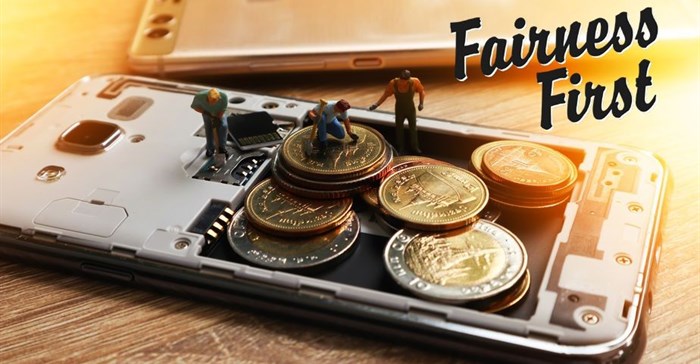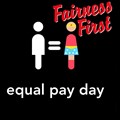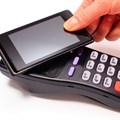#FairnessFirst: Will the shift towards a cashless society finally decrease inequality?

An eye-opening report by Oxfam, published ahead of the World Economic Forum in Davos, warns that "out of control" inequality is stoking anger and threatening democracies, says EWN.
Much of that is because the report states that the 26 richest people in the world actually own $1.4tn, the same amount as the poorest half of humanity –– and that rich-poor gap is widening, elaborates CNN.
Rich get richer, poor get poorer
Sharing the report’s specifics, it seems the world's richest man, Amazon CEO Jeff Bezos, tops the list of 2,208 billionaires, who are growing $2.5bn richer every day.
Bezos alone saw his fortune increase to $112bn last year, while the 3.8bn people at the bottom of the scale saw their relative wealth decline by $500m each day, elaborates the Mail & Guardian.
So while some don’t agree with the metrics, results or the methodology used in Oxfam’s report, there are some home truths that hit hard.
"Oxfam’s 'outrage' over wealth inequality in India is wrong. It uses questionable metrics to judge the wealth of the rich as well as the poor", writes @IlaPatnaik . #ReadAndLearn https://t.co/er3XlB0WWX
— Kanchan Gupta (@KanchanGupta) January 23, 2019
In fact, CNN reminds us of a report last year by the McKinsey Global Institute, which said India – the world’s faster growing global economy – could add $770bn to its economy by increasing gender equality.
Readdressing the gender pay gap
That’s because the country has one of the world's lowest female labour participation rates, with recent data from the World Bank showing only 27% of women aged 15 or older in India were classified as working or actively seeking a job in India.
The reason? CNN elaborates:
Girls are pulled out of school first when the money isn't available to pay fees, and women clock up hours of unpaid work looking after sick relatives when healthcare systems fail… If all the unpaid care work carried out by women across the globe was done by a single company, it would have an annual turnover of $10tn.
Even with more females in the workforce, there’s no guarantee of equal pay.
That day’s only expected to arrive in the year 2059 – if you’re a white woman, working in the USA. If not, it’ll take even longer…
In recognition of the #EqualPayAct 55th anniversary, we're highlighting the fact that women still may not see equal pay until 2059, according to current projections. https://t.co/dXZICBpVRB pic.twitter.com/mD3vfzZ9Dn
— IWPR (@IWPResearch) June 7, 2018
Cashless society, here we come…
Taken at a monetary level only, there’s still deeper inequality, because in addition to spendable cash, what the rich have that the poor do not is credit.
Physical cash is becoming more of a hindrance, as it’s a safety risk as well as being bulky and yes, dirty, which is why we’ve seen a rise in contactless and cashless options of late.
The end of 2018 alone saw an influx of South African retailers and branches of certain restaurant chains like Rocomama’s proudly putting up signs saying they no longer accept cash – it’s safer for them and for you.
It’s the millennial way to rely on smartphone payment apps rather than hauling a wallet around through your day.
Another excellent, cashless visit to London. Paid for almost all transactions with Apple Pay on watch, including tube rides. So freeing and easy. (Only thing I felt bad about was not having cash to tip hotel staff.)
— Dan Frommer (@fromedome) July 31, 2018
“Zim is almost completely a cashless economy. Report on payment systems from RBZ revealed that cash was responsible for only 2.05% of all monetary transactions. Means we are effecting 97.95% of all payments thru electronic means – cards, internet & mobile” https://t.co/qvJC1Fu23y
— Nick mangwana (@nickmangwana) September 27, 2018
Marc-Alexander Christ, co-founder of SumUp, adds on the Retail Systems website:
In 2019 we are going to see an even greater uptake in contactless payments as we transition towards a truly cashless society – this means that elements of everyday life will need to adapt, and the digital collection plate is an amazing example of tradition meeting technology.Cashless society may well be the future, especially in Africa, but we do need to be aware of the risk of increasing inequality in excluding large portions of the population when adapting new technology.





































